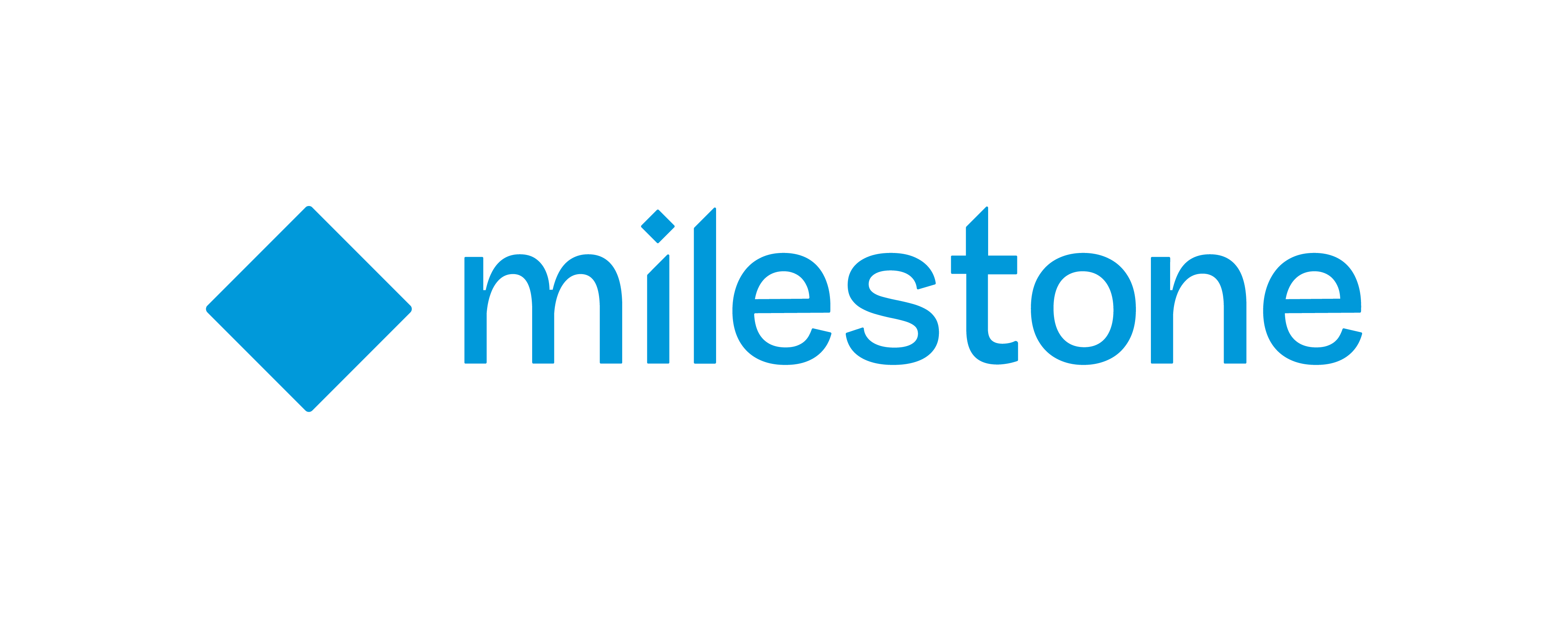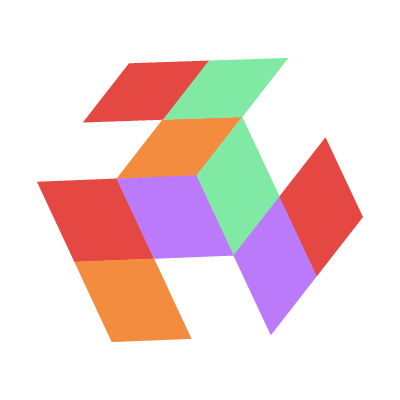Key Responsibilities
- Develop and maintain station control software for optical/electrical/MEMS test platforms (e.g., Python/C++/LabVIEW or similar).
- Implement instrument drivers for lasers, detectors, motion controllers, FPGA boards, MEMS control modules, etc.
- Own data acquisition pipelines (from sensor readout → structured test results → database/logging).
- Design modular test frameworks that support rapid test case development for validation & reliability workflows.
- Collaborate with hardware, optical, MEMS, firmware, and validation teams to define and translate station requirements.
- Enable automation of repetitive validation tasks to reduce test time and improve coverage.
- Develop UI or scripting interfaces that enable validation engineers to configure and run experiments confidently.
- Support failure analysis by instrumenting stations for deeper debug modes and data capture.
- Scale station platforms from prototype “bench rigs” to reproducible, documented systems for multiple lab uses.
- Ensure software is robust, version-controlled, and documented (Git-based workflows, modular codebase).
Essential Skills & Qualifications
- BS/MS in Computer Science, Electrical Engineering, Applied Physics, Mechatronics, or related field.
- 5–7+ years writing software for lab equipment, automated test setups, semiconductor/optics validation, or hardware-in-the-loop systems.
- Experience developing Python/C++ control software interfacing with hardware.
- Familiar with test automation frameworks (pytest, PyVISA, LabVIEW, etc.).
- Worked with one or more of: optical instrumentation, motion stages, FPGA/ASIC test boards, MEMS/electromechanical devices.
- Prior experience in logging, configuration management, and structured result visualization.
- Comfortable partnering with hardware engineers and systems validation engineers.
- Excellent written and verbal communication skills, with the ability to present complex technical findings clearly to both experts and non-experts.
- Create comprehensive written documentation, including software process flows, SOPs, and work instructions.
Preferred Skills
- Exposure to hands-on testing and validation of silicon photonics, MEMS, or semiconductor devices.
- Knowledge of data structuring for reliability tracking and parametric drift analysis.
- Experience scaling lab setups toward pilot-line & production line testing frameworks.
- Familiarity with Docker, CI/CD for lab code, or deploying test infrastructure at scale.
What Makes This Role Unique
- You are defining the foundation for how a category-defining optical switch is validated.
- Your stations will shape how quickly we discover issues, prove yield stability, and accelerate time-to-market.
- You’ll work directly with some of the Bay Area’s leading hardware experts across MEMS, optics, firmware, and packaging.
- The faster and more powerful your station infrastructure, the faster nEye wins in the AI interconnect market.
Top Skills

What We Do
We are nEye Systems, a next-generation optical switch company. Our programmable photonic integrated circuit integrates high-radix optical circuit switching on a Si chip and is a future-proof solution for Artificial Intelligence (AI)/Machine Learning (ML) systems and other high-performance computing environments. Our optical switches are poised to solve some of the biggest challenges facing the growth and adoption of AI/ML – the excessive costs of power requirements and network expansion. We are a well-funded, early-stage company and will be a key player in several multibillion $ markets.









